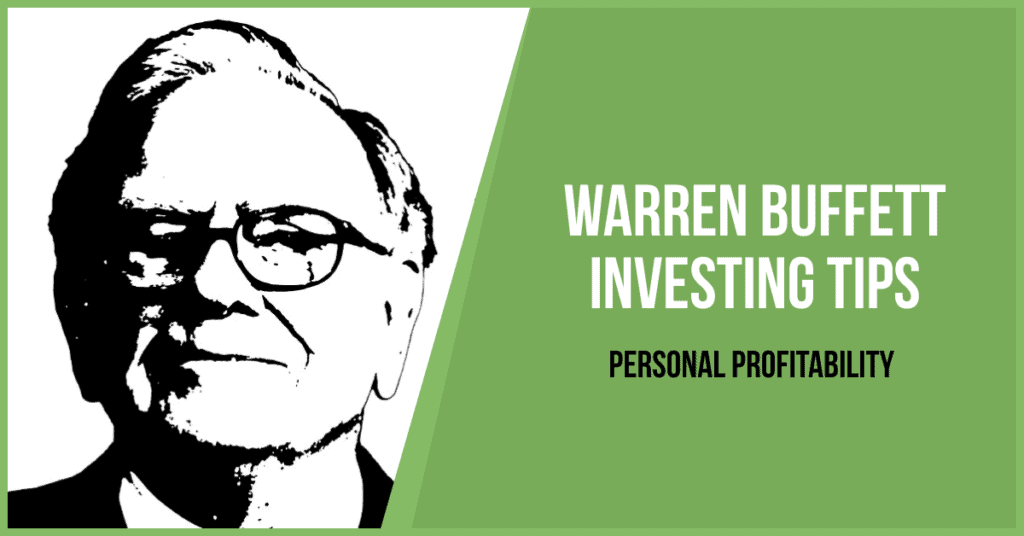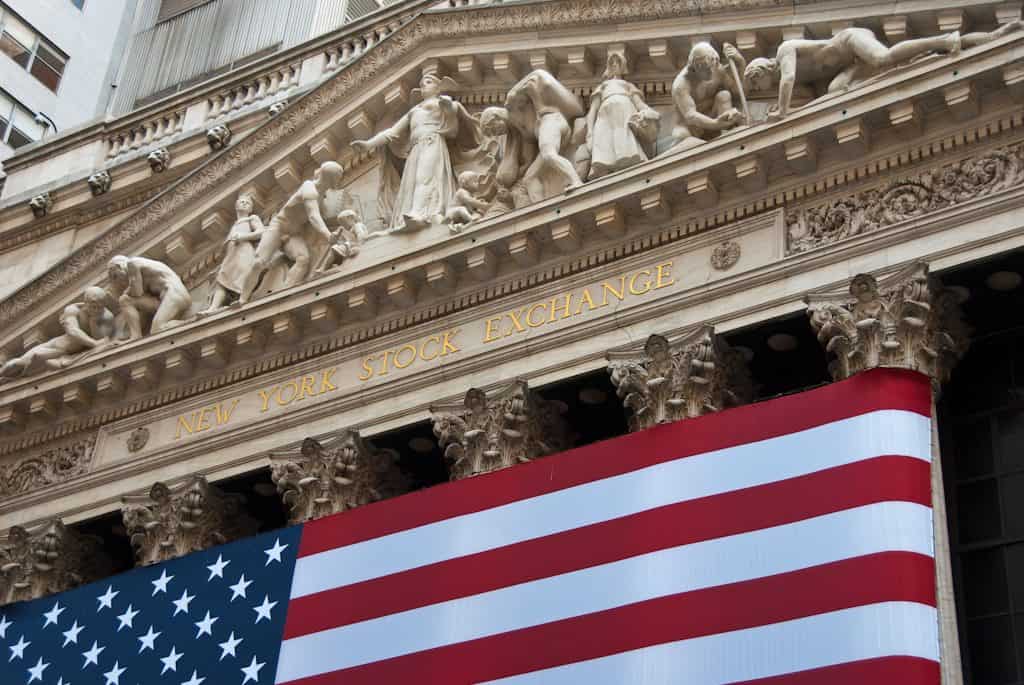Warren Buffett Investing Tips
Long-time readers know that I am a huge fan of Warren Buffett. I have made the pilgrimage to Omaha three times for the Berkshire Hathaway annual shareholder meeting, and I am always impressed with the practical wisdom shared by “The Oracle from Omaha.” Here are some of my favorite Warren Buffett investing tips you can […]




